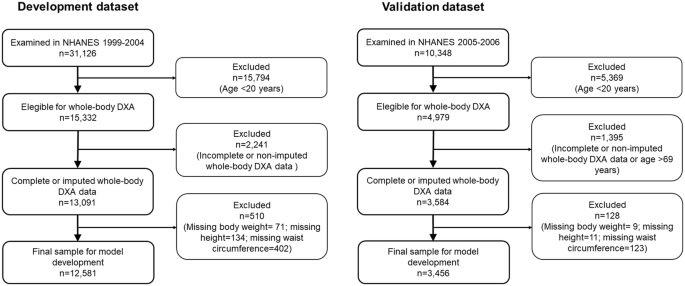It is currently the gold standard in body composition assessment. Many techniques are available for body composition assessment which range from simple indirect measures to more sophisticated direct volumetric measurements.

Anthropometry Measurement Pptx Anatomical Terms Of Motion
Body composition measurement techniques. Ongoing efforts involve multisegmental and multifrequency bioelectrical impedance analysis quantitative magnetic resonance for total body water fat and lean tissue measurements imaging to further define ectopic fat depots. Available techniques allow for the measurement of fat fat free mass bone mineral content total body water extracellular water total adipose tissue and its subdepots visceral subcutaneous and intermuscular skeletal muscle select organs and ectopic fat depots. Hydrostatic weighing underwater weighing a method of measuring body composition whereby the subject is submerged into a tank of water and body composition is determined based on total body density using archimedes principle of displacement the weight of displaced fluid can be found mathematically. Available techniques allow for the measurement of fat fat free mass bone mineral content total body water extracellular water total adipose tissue and its subdepots visceral subcutaneous and intermuscular skeletal muscle select organs and ectopic fat depots. This test is non invasive painless and completed in approximately 15 minutes. Dxa provides precise measurement of bone density lean tissue mass and total regional body fat.
We know the density of fat muscle and bone and water. Air displacement plethysmography adp and bioelectrical impedance bia are two easytouse measures of body composition. Volume is measured by the bod pod. Many exercise physiologists would agree that tracking changes in percent body fat is essential to meeting weight and training goalshowever with all of the techniques currently used to determine body composition it can be confusing to decide which technique to use. The percentage of body fat can be calculated from overall body density. Some of the methods that are used today include anthropometry tracer dilution densitometry dual energy x ray absorptiometry air displacement plethysmography and bioelectrical impedance analysis.
Knowing your body composition is useful for several reasons especially when trying to lose weight or train for an athletic event. The present study aimed to assess the reproducibility of adp and bia and compare them with each other as well as with skinfold measurement. Since the density of an object in this case your body equals mass divided by volume we know mass equals your body weight.
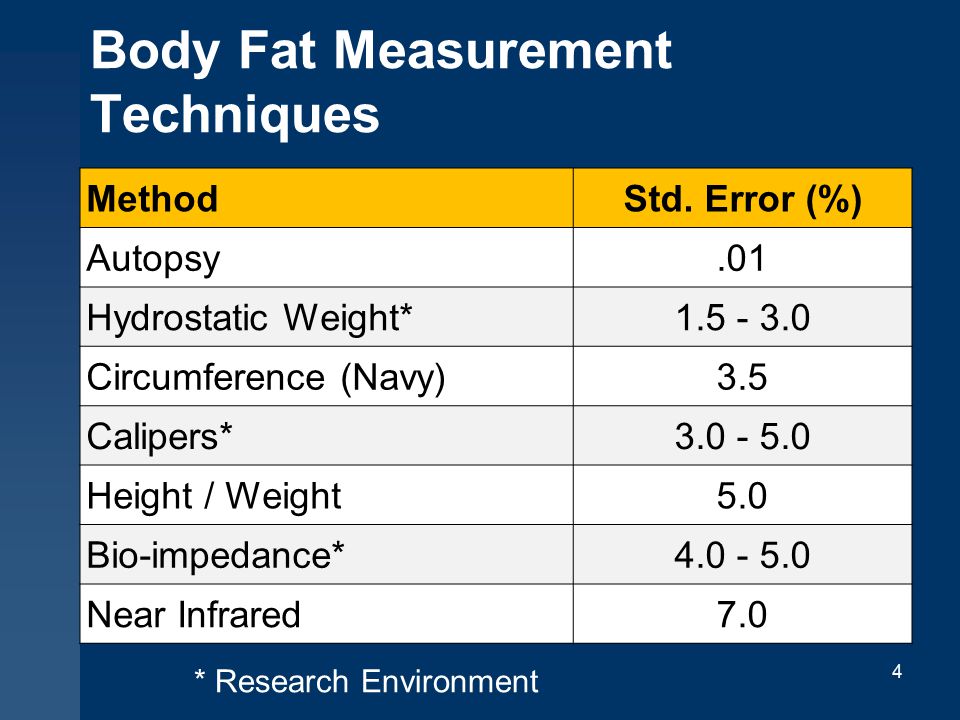


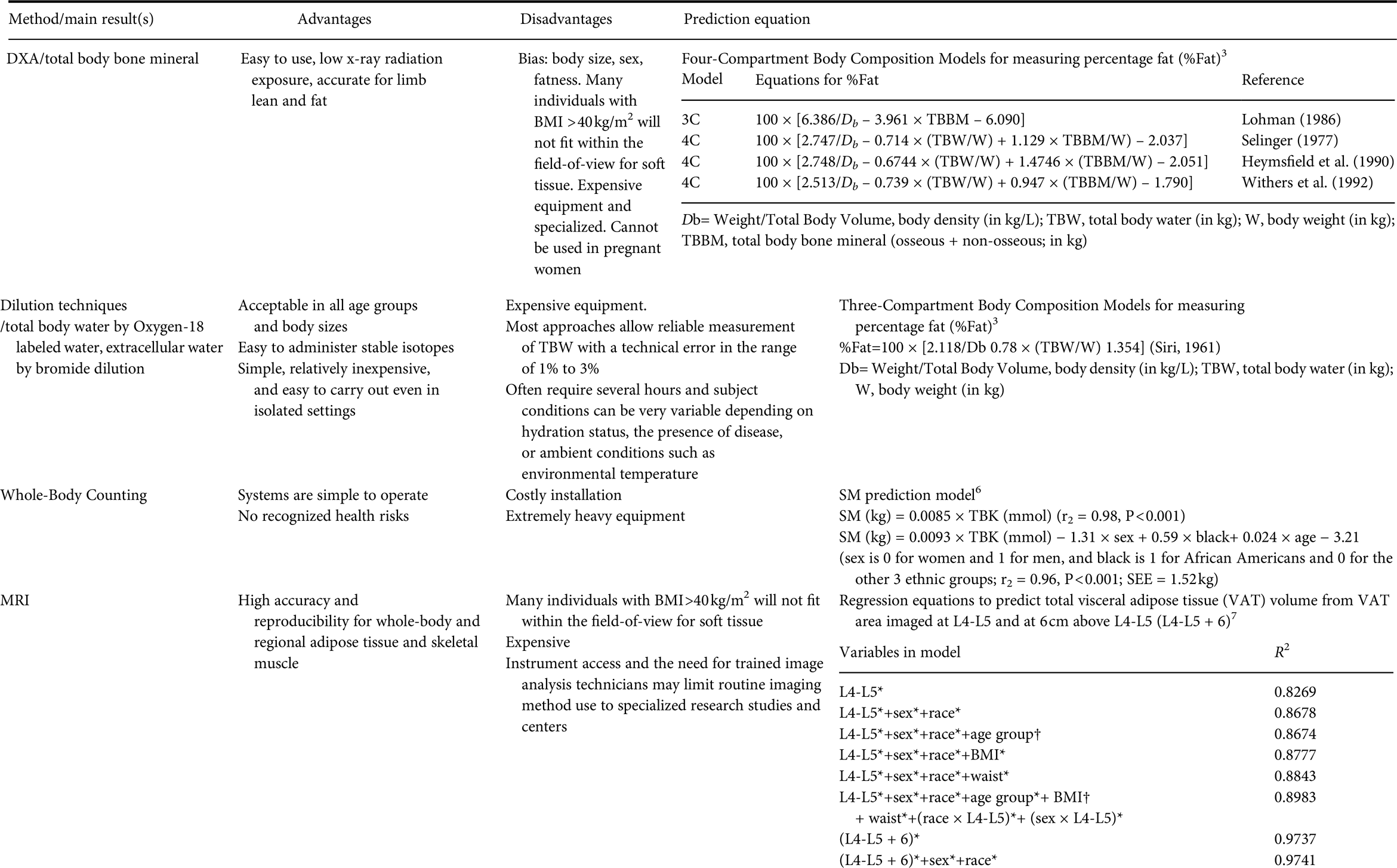
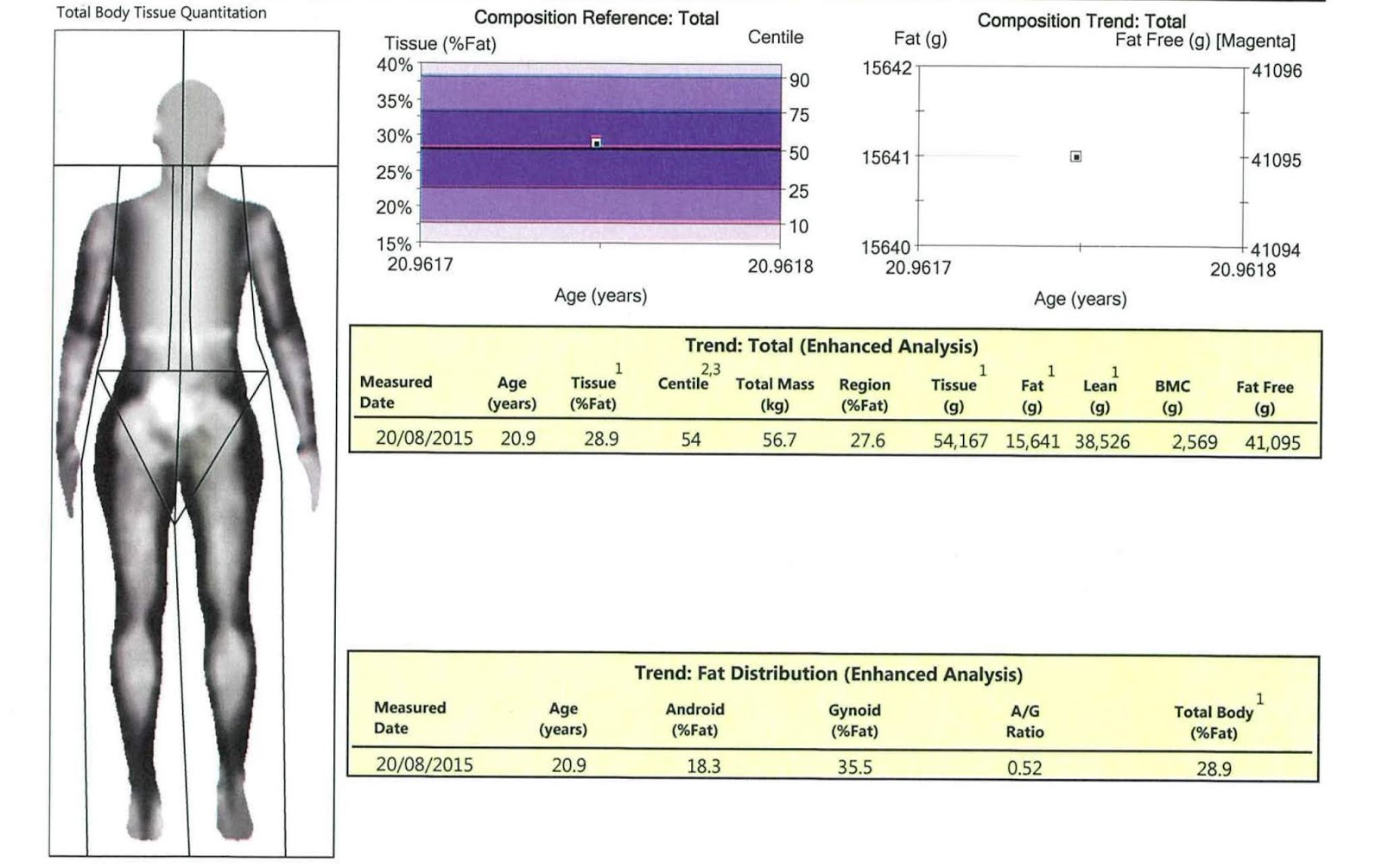
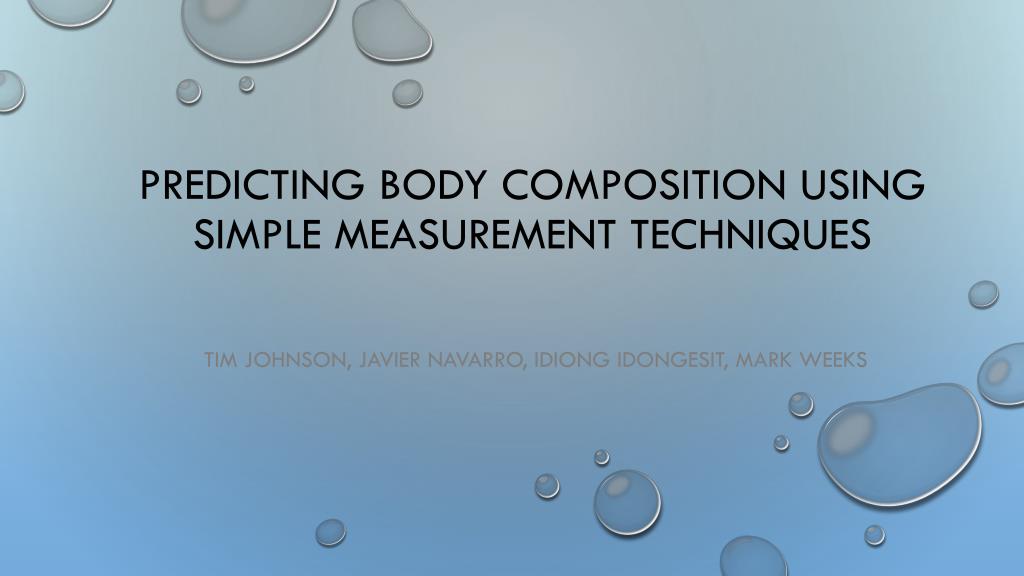


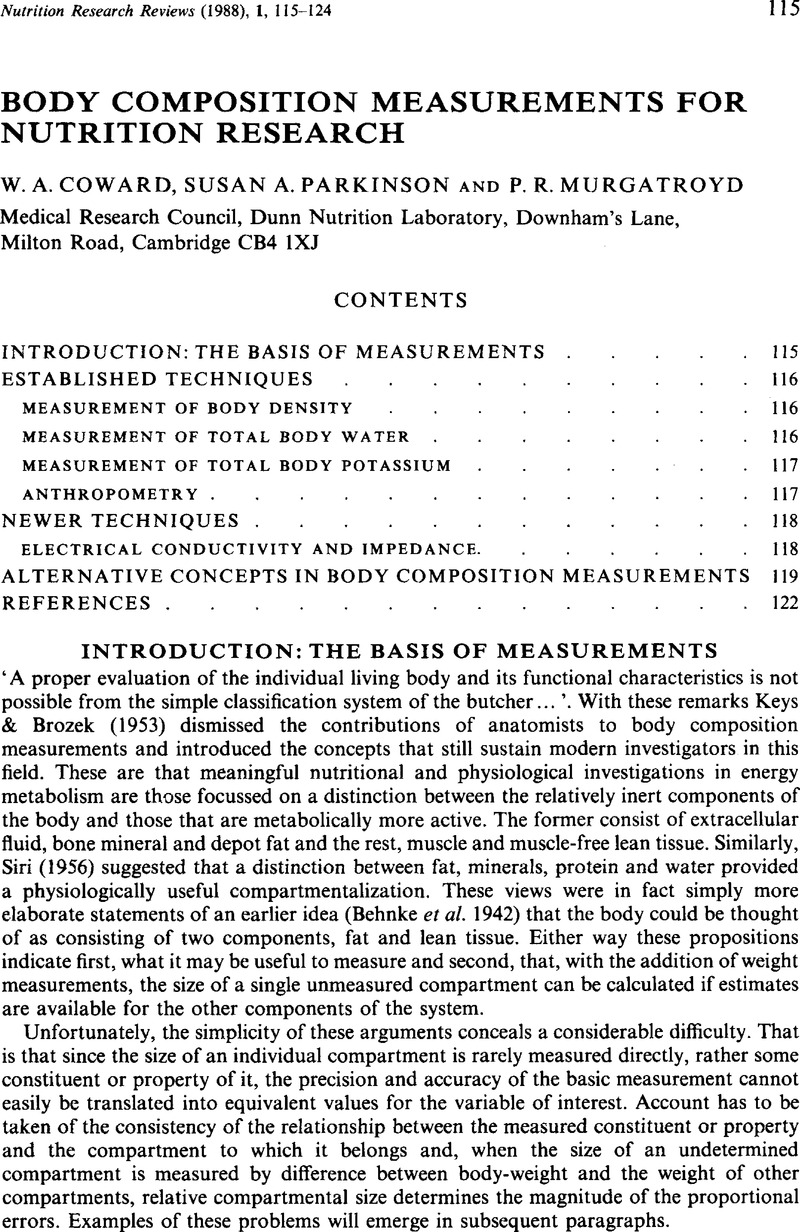

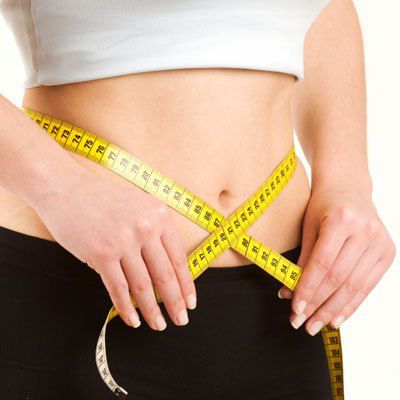



/underwater-hydrostatic-body-fat-weighing-453131436-5ad4f5c2642dca0036367079.jpg)

